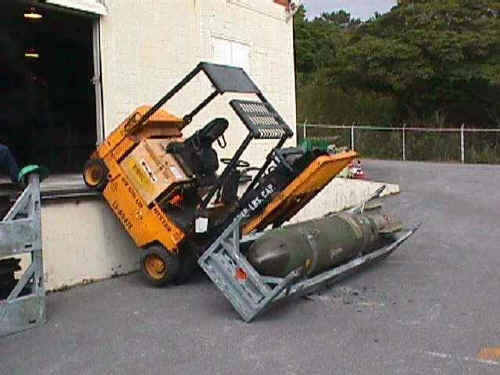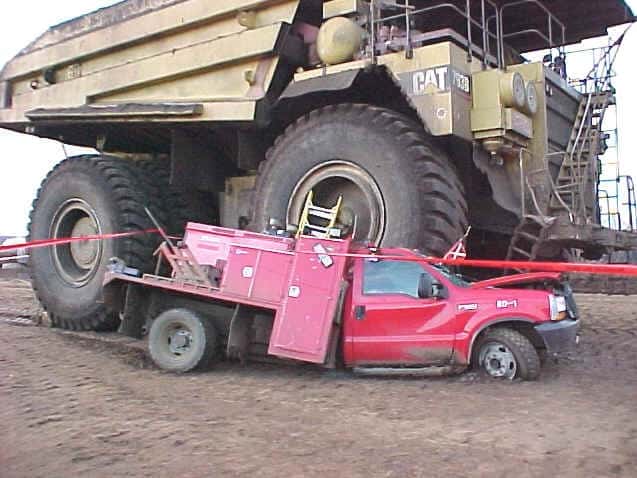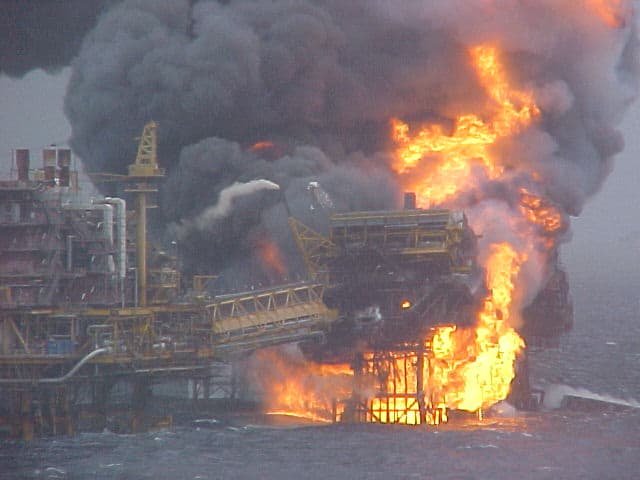It’s Not a Near-Miss – It’s a Precursor Incident

Near-Miss or a Precursor Incident –
Terminology Makes a Difference

Is it a Near-Miss or a Precursor Incident? In this article we will discuss:
- What is a Near-Miss
- What is a Precursor Incident
- Why terminolgy makes a difference
- Phrases you should use
- Preventing management complacency
- Investigating Precursor Incidents
- Learning to prevent major accidents
What is a Near-Miss?
We defined the term “near-miss” in a previous article:
Near-Miss: How “Near” Does it Need to Be?
Do you have near-misses at your facility? How hard is it to identify your near-misses? Are there examples where a single Safeguard prevented a major accident? Examples that are precursors to a major accident?
What is a Precursor?
We defined a Precursor Incident in this article…
What is a Precursor Incident?
The definition from the article is:
PRECURSOR INCIDENT
Minor incidents that could have been a major accident
if one or two more Safeguards would have failed.
Here is an example from that article…
In the example above, LUCK was the final Safeguard.
Choose the Right Terminology
Five years ago, I had an epiphany. I thought it was worth repeating today … You should NOT use the term “Near-Miss.”
Why? Read on to find out.
Your Words Make an Impression
Have you ever presented a near-miss investigation to management, and they weren’t interested in your corrective actions? They didn’t want to commit resources to fix a simple incident that didn’t have any consequences.
Maybe part of your problem was your terminology. You called it a near-miss.

What should you call it?
A Precursor Incident
A precursor to:
- a fatality
- a major injury
- an environmental disaster
- the loss of a major customer (quality issue near-miss)
- a major financial loss
Do those precursors incidents sound more serious?
Would this terminology get management’s attention…
- a precursor to a fatality
- a precursor to a major injury
- a precursor to an environmental disaster
- a precursor to the loss of a major customer
- a precursor to a major financial loss
A “precursor” implies that something WILL happen in the future if we don’t do something. We were very close to a disaster that will happen if we don’t make changes.
It’s a Precursor … Not a Near-Miss!
So, if you are still using the term “near-miss” (or even close-call or good catch), change your terminology. Call these incidents PRECURSORS.
Then you can get management’s attention and get resources to prevent the accident that will happen if you don’t do something. These precursor incidents warned you about an upcoming major accident. Precursors of accidents that can be avoided if management gets effective corrective actions implemented.
One more thing. Precursors are not just paper cuts. Precursors have to actually be able to cause a serious accident if one more Safeguard would have failed.
Investigating Precursor Incidents

Another additional tip.
How much effort should you expend investigating a precursor incident? That’s a great question. Ask yourself this …
“How much is it worth to prevent a major accident?”
You can’t afford a “quicky investigation” if your aim is to prevent a major accident. Your investigation should be high-quality to develop effective fixes to prevent a major accident.
REMEMBER, almost every major accident has precursors that warn management that something needs to change. Often, complacency lulls management into inaction that allows the causes to go unfixed. Then, at a later date, things lined up just right, and a major accident happens.
It was true for the shuttle disasters.

It was true for the Deepwater Horizon.

Don’t let complacency lull your management into inaction. Use the right terminology – PRECURSOR INCIDENT.
Learn to Prevent Major Accidents
If you would like to learn to flexibly use advanced root cause analysis to investigate low-to-medium risk incidents and prevent major accidents, attend one of our TapRooT® Root Cause Analysis Courses.
If you would like to learn to flexibly use advanced root cause analysis to investigate low-to-medium risk incidents AND major accidents, you should attend the 5-Day TapRooT® Advanced Root Cause Analysis Team Leader Course. To see our upcoming public 5-Day TapRooT® Courses, CLICK HERE.

If you want to learn best practices for incident investigation and root cause analysis while networking with industry leaders, attend the Global TapRooT® Summit. To register for the Summit, CLICK HERE and stop a major accident from happening.





GOOD AND NEW INFORMATION